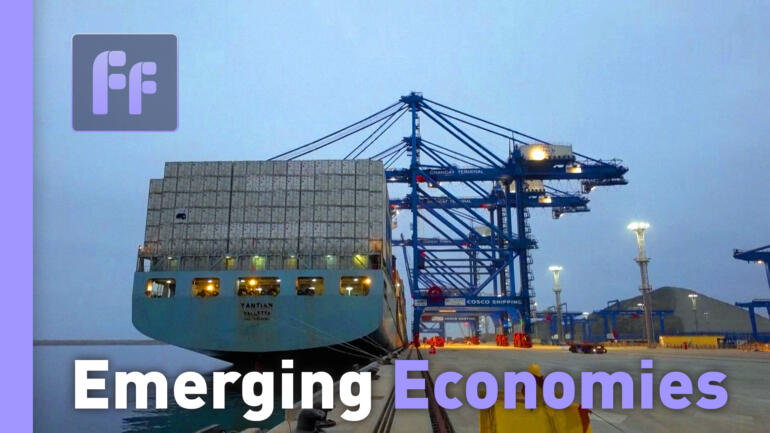As globalization continues to evolve, emerging economies face both challenges and opportunities.
How can strategic trade policies, regional partnerships and innovation help these countries position themselves as key players in the global economy?
Peter Szijjártó has served as Minister of Foreign Affairs and Trade since 2014. Previously, he served as a member of the National Assembly of Hungary.
Szijjártó spoke to host Mike Walter about Hungary’s unique position as a gateway between East and West. Last year, Chinese President Xi Jinping paid a state visit to Hungary, marking the 75th anniversary of relations between the two countries.
“We have an all-weather enhanced strategic partnership with China. We are the only European country which has such a status in Chinese foreign policy. We are proud of that. The cooperation with China is based on mutual respect and has brought a lot of benefits to Hungary,” he said.
Chinese companies have created tens of thousands of new jobs and introduced state-of-the-art technology to the Hungarian economy, Szijjártó said.
“We have taken a lot of benefits. This shows that this economic neutrality we are proponent of is a successful strategy,” he said.
New megaport and Peru’s economy
From Chancay to Shanghai has become a popular slogan with the opening of the new mega port in Peru. It’s putting a spotlight on the country – and region – as a new hub for international trade.
Teresa Mera Gomez is Peru’s Vice Minister for Foreign Trade and Tourism. Gomez said the historic opening of the Port of Chancay will significantly cut down travel times and costs for goods moving between South America and Asia.
“That is going to represent a big change, not only for us as Peru, because I think that this is our opportunity to become a hub for the region, a logistic hub for the region, but also for our neighbors,” Gomez said in an interview with Mike Walter.
Gomez also discussed the significance of China’s Belt and Road Initiative in Latin America.
“I think that is very important because that also gives us the opportunity to talk with the other countries … and to exchange not only plans, not only experiences, but also to find the opportunity to work together in how to provide to the world, to China and to other places,” she said.
 CGTN America
CGTN America
